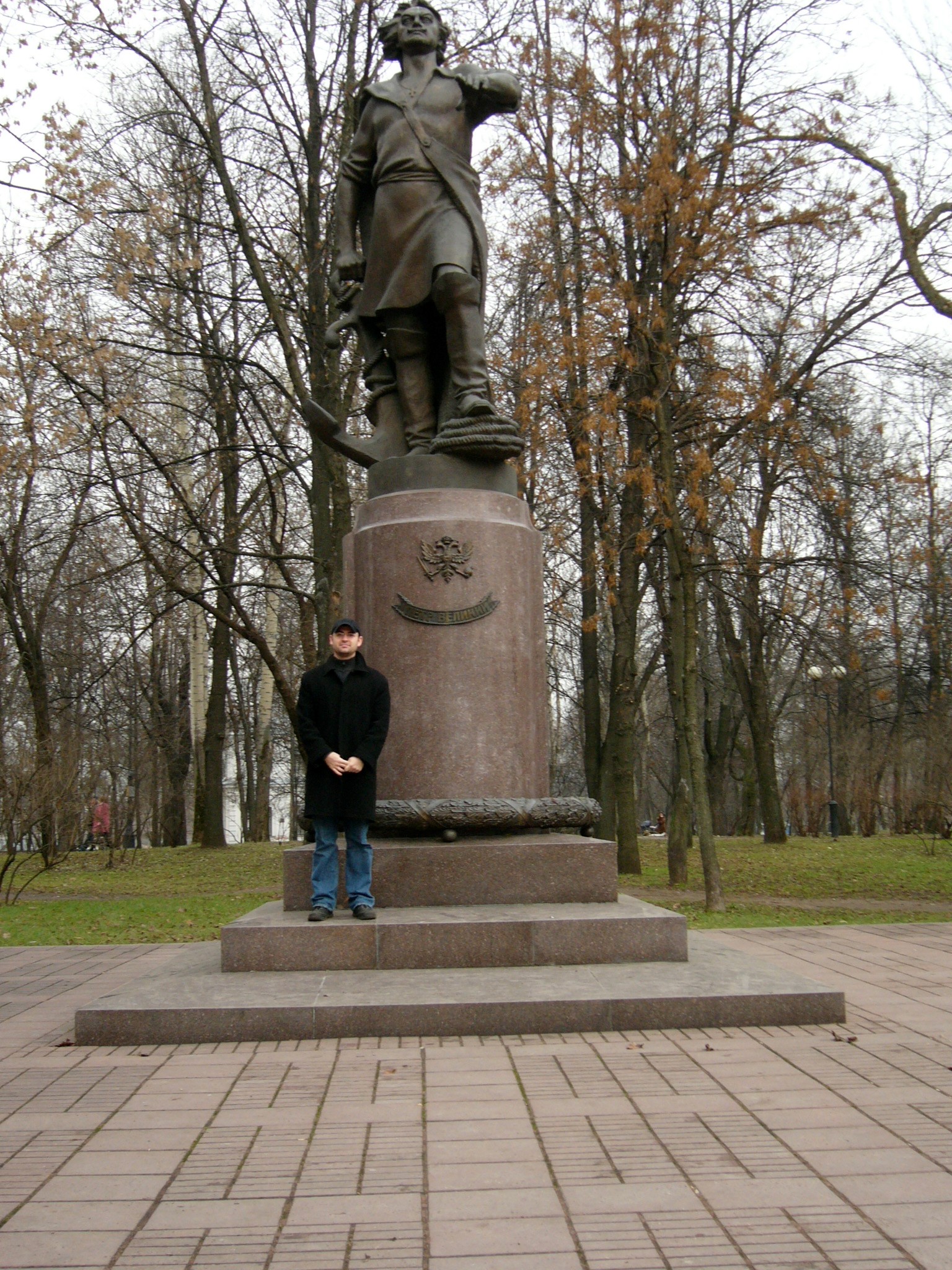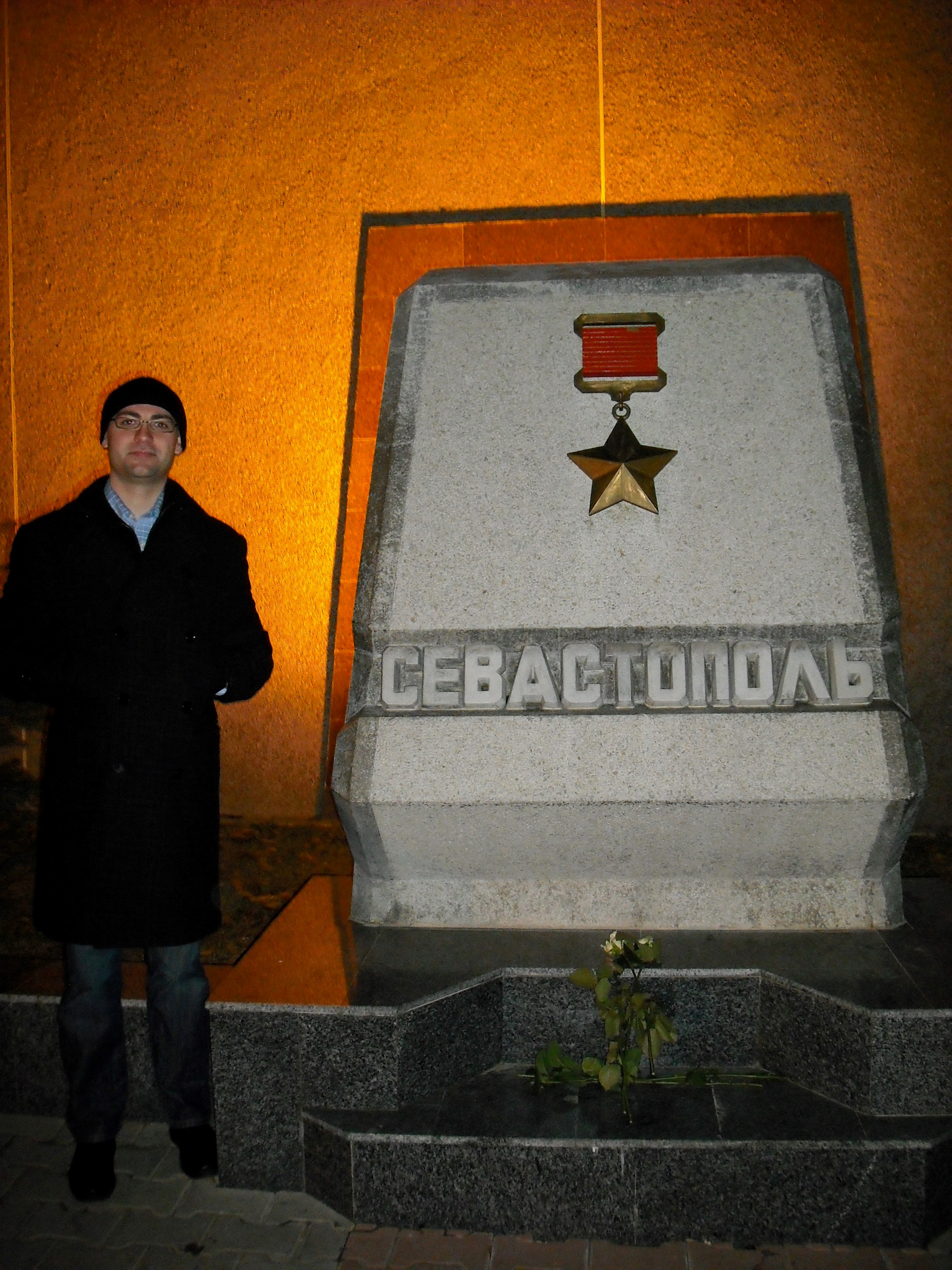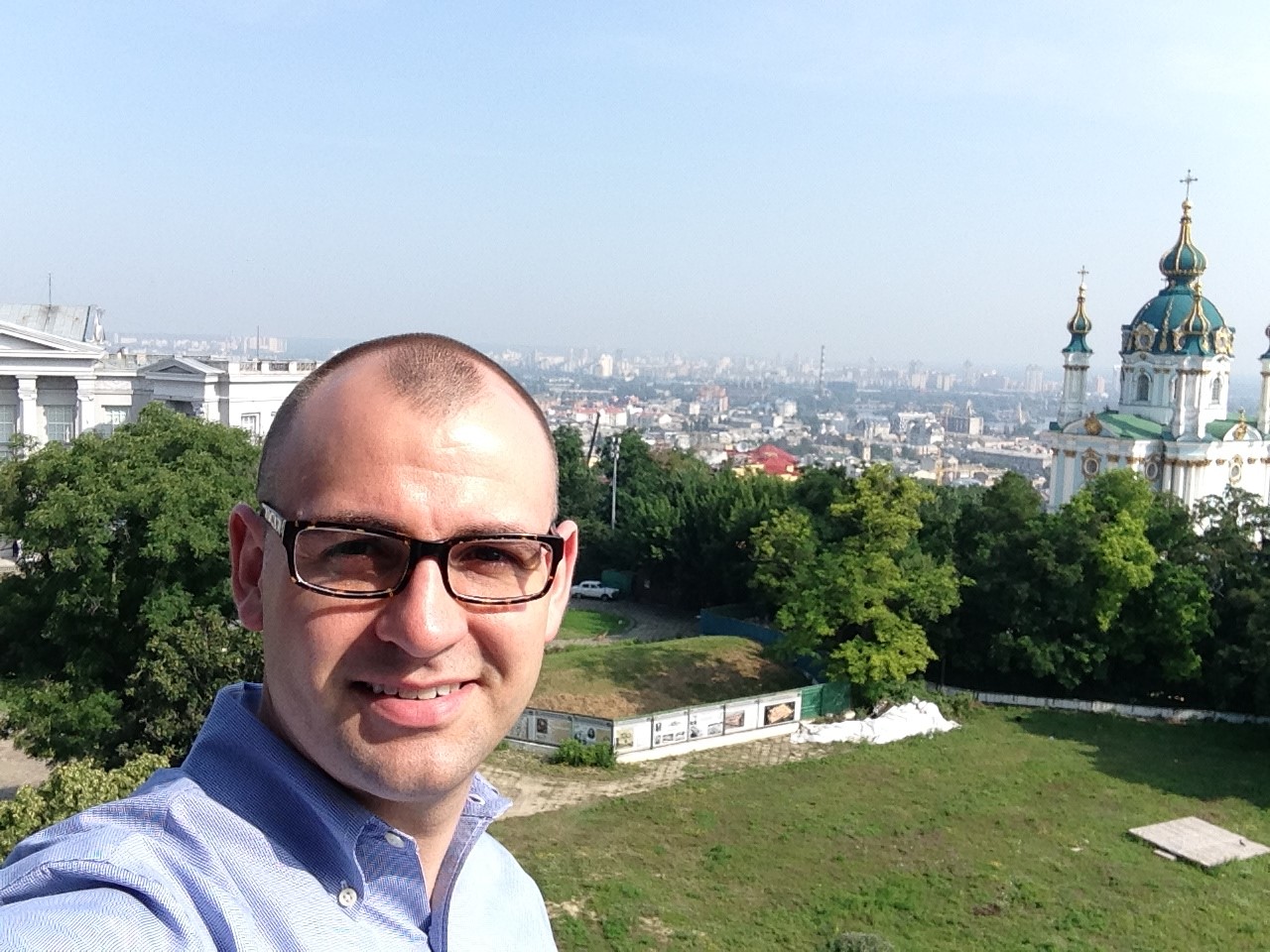We are excited to announce that the Gilman Global Experience Blog will now feature stories from Gilman alumni! Our first alumni post is from Gilman scholar Anthony Latta, who studied abroad in Russia in 2001, the first year of Gilman Scholarship recipients. Read how Gilman has played a critical role in his career over the past 15 years.
Are you a Gilman alumni with a story to share? E-mail gilman_scholars@iie.org for more information.
Becoming a Gilman scholar was important for my ability to study abroad from 2001 to 2002 in Moscow and made my career possible. As a first-generation college student, I had resources through student loans and grants to fund my education, but I did not have the resources to fund study abroad, which was considerably more expensive than my in-state tuition at Texas Tech. The Gilman Scholarship made it possible for me to study abroad.
I cannot express how important studying Russian in Moscow for that academic year was. I went from intermediate to high level fluency. In fact, when my parents visited Moscow in March 2002, Russians spoke to my parents in Russian because Muscovites assumed that I had learned Russian at home. The only way I reached this level of fluency was by living with a Russian host family and studying the language for five days a week. The Gilman Scholarship made that possible.

Anthony with Peter the Great in Izmailovo, Moscow in 2001.

Anthony in Sevastopol in 2001.
My fluency in Russian helped me get into graduate school at American University, where I received an MA in International Affairs in 2006. My fluency in Russian then helped me get a job at a large USAID (United States Agency for International Development) implementing partner in 2007, where I initially supported USAID-funded projects in Russian, Ukraine, and Kazakhstan. Since 2007, I have received opportunities to travel in the former Soviet Union and have grown professionally. While I no longer use Russian language on a daily basis in my job, my ability to speak and read Russian was instrumental in getting the job that has led to my professional success. In fact, this year my language skills give me credibility when I interviewed for a corporate ops job supporting operations in Latin America, Africa, and Eurasia. My language skills showed that I have a professional and personal interest in running programs abroad.
While my spoken Russian language skills today are no match for 2002, I continue to read books in Russian – and translate Russian jokes into English for my wife, much to her chagrin. I have now spoken Russian longer than I have not, and I cannot imagine my life without the language. In fact, as I write this paragraph, I look at the chalkboard in my office, on which I’ve written snippets of Russian sayings.
For anyone interested in achieving high fluency in a foreign language, I sincerely hope that the Gilman Scholarship can help you reach that. In my job as a hiring manager, foreign-language fluency and cultural awareness that fluency and studying abroad affords are necessary and set individuals apart. That is how I have achieved professional success, and I believe it will continue to do so for others.
And for all of this, I truly thank the Gilman Scholarship.

Anthony on one of his later visits to Russia.



